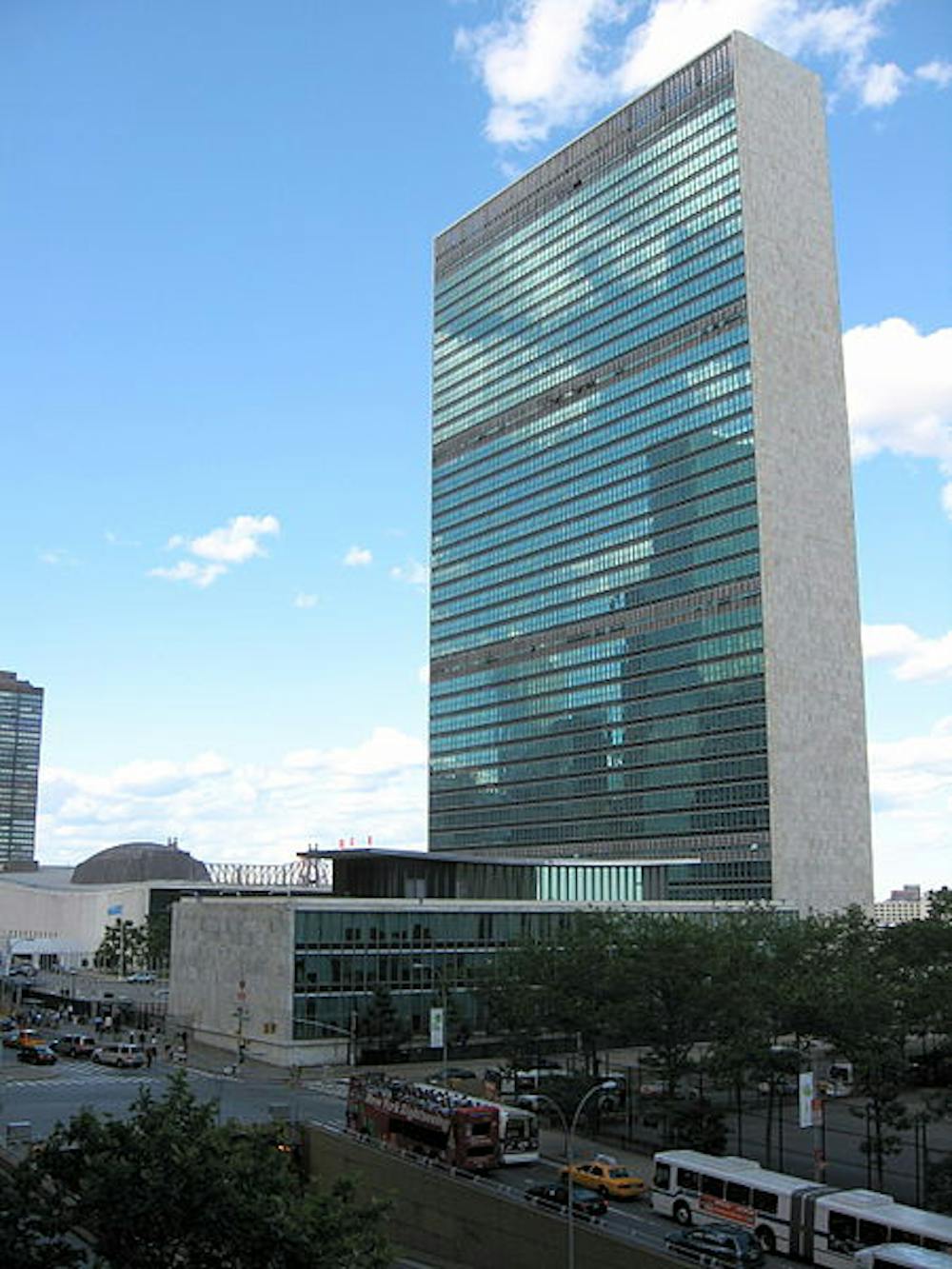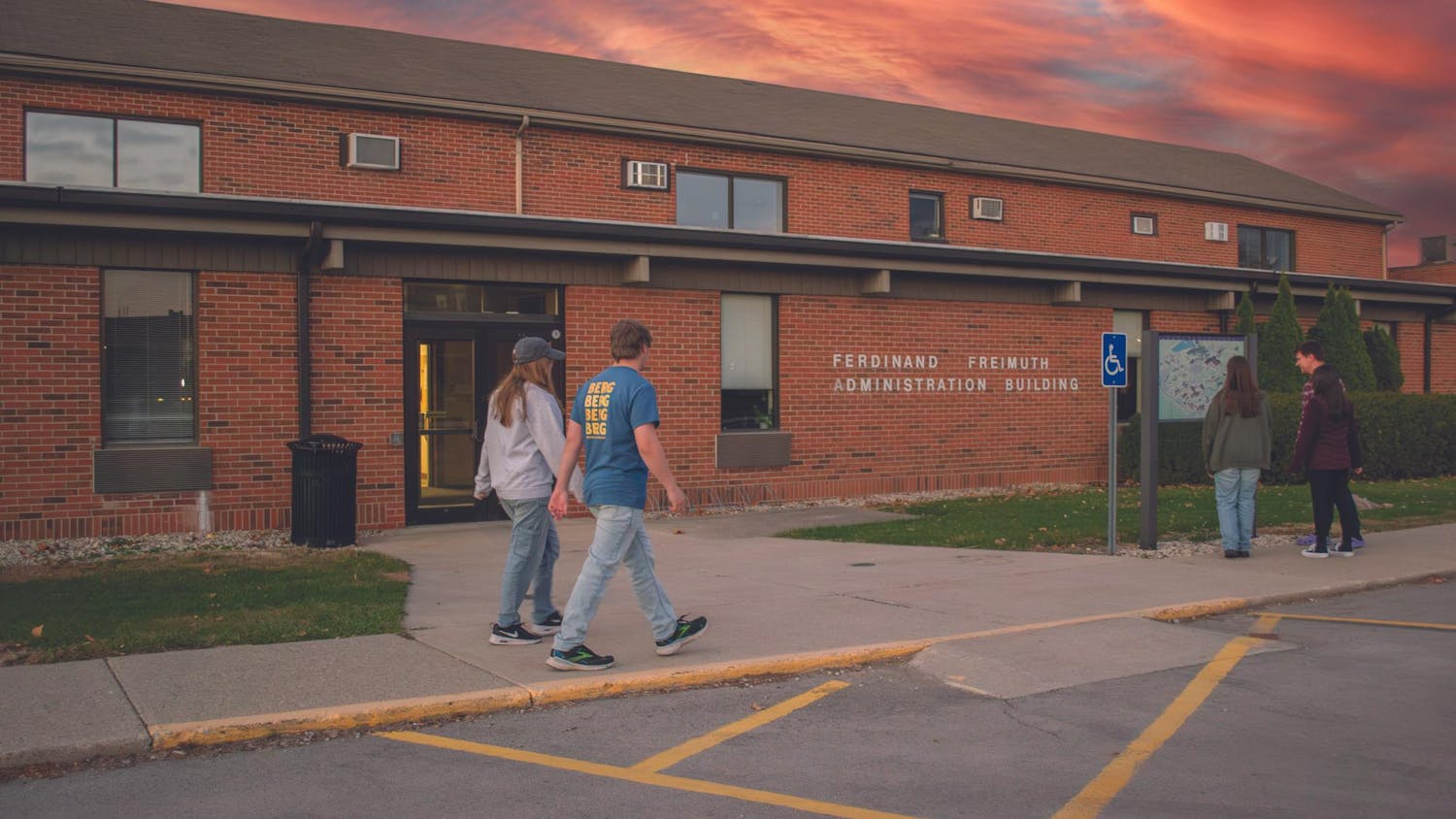By Patrick Neer | Echo
High profile speeches took center stage at the 68th meeting of the United Nations General Assembly began in earnest Sept 24.
This year, eyes are peeled and ears are strained to hear what nations have to say about Syria, the NSA's security leaks and the future of relations between the U.S. and Iran.
Brazilian president Dilma Rousseff gave the opening speech. She focused almost exclusively on the U.S. spying programs, according to Huffington Post. With the Snowden leaks revealing that the U.S. has been spying on Brazil, among other friendly nations, Rousseff called out the the Obama administration.
"Meddling in such a manner in the lives and affairs of other countries is a breach of international law and, as such, it is an affront to the principles that should otherwise govern relations among countries, especially among friendly nations," Rousseff said.
As a demonstration of her ire, Rousseff cancelled a high-profile visit to the White House that had been planned for October.
Obama took the stage next and used his address to affirm the establishment of friendly relations between the United States and the new Iranian president Hassad Rouhani, The Washington Post reports. Obama's speech focused squarely on his efforts in Middle East, looking to cement a legacy as a diplomat and peace bringer in the region.
Israel-Palestine relations were mentioned as well, with Obama raising hopes that talks between the embittered nations could open again soon. Obama met with the Palestinian leader Mahmoud Abbas shortly after his speech in the first face-to-face meeting since the last round of peace talks between Israel and Palestine. Next week, the president will meet with Israeli Prime Minister Benjamin Netanyahu.
"We have no illusions that peace will be easy," Abbas said.
Reporters salivated at the prospect of a meeting between Obama and Rouhani, but were disappointed to find that no such encounter was planned. Officials at the White House did nothing to stop journalistic speculation about such a meeting, looking at Rouhani's willingness to give interviews to American broadcasters as hopeful signs that he would reach out to Obama, according to the New York Times.
These hopes were damaged when Rouhani failed to attend a lunch, attended by Obama and hosted by Ban Ki-moon, that would have given the leader a golden opportunity to have an "accidental" encounter with Obama. It still may happen, but an anonymous senior U.S. official believes that is unlikely, according to the New York Times.
"We did not intend to have a formal bilateral meeting and negotiation of any kind. . . it was just too difficult for them to move forward with that type of encounter at the presidential level, at this juncture," he said.
The General Assembly will continue into the first week of October.





